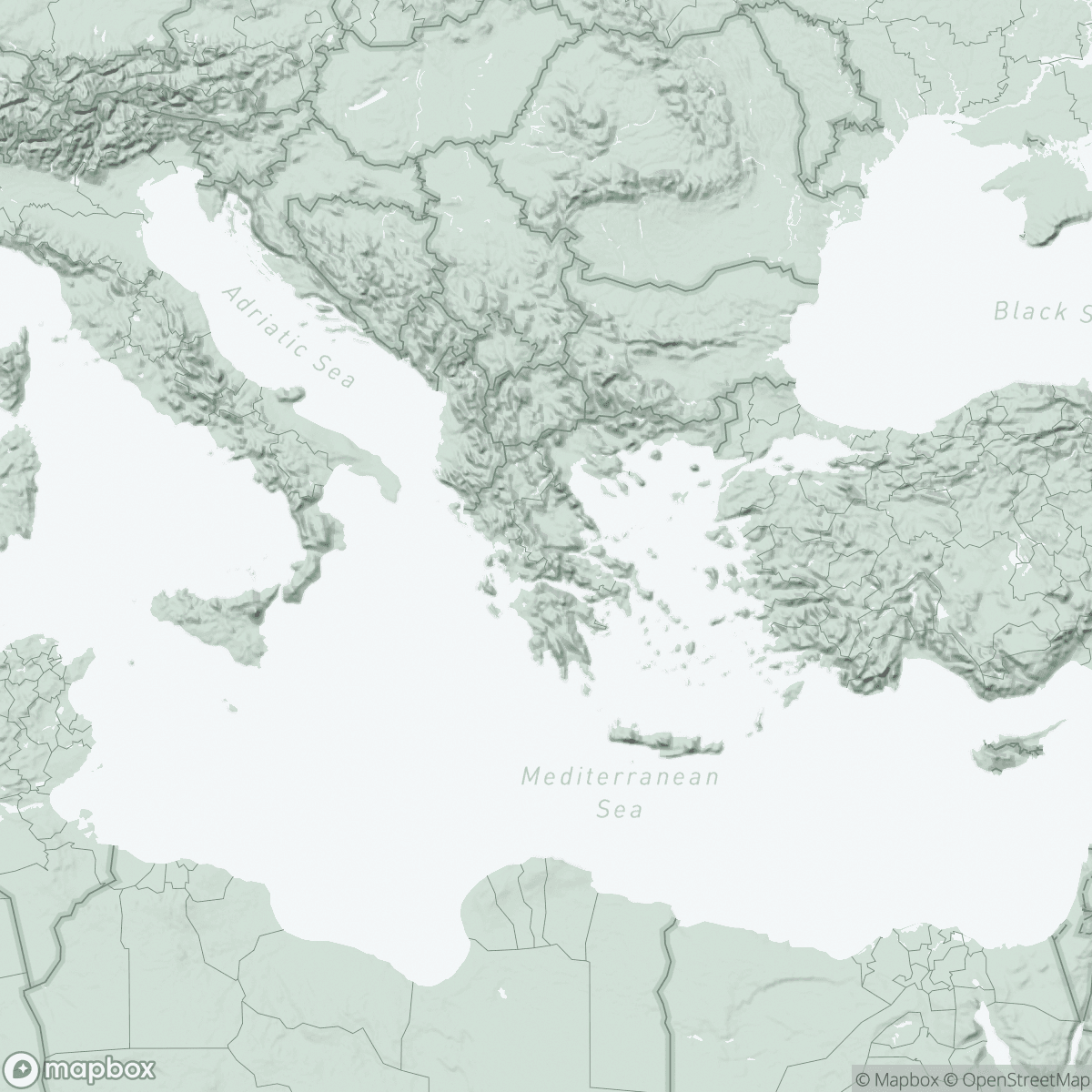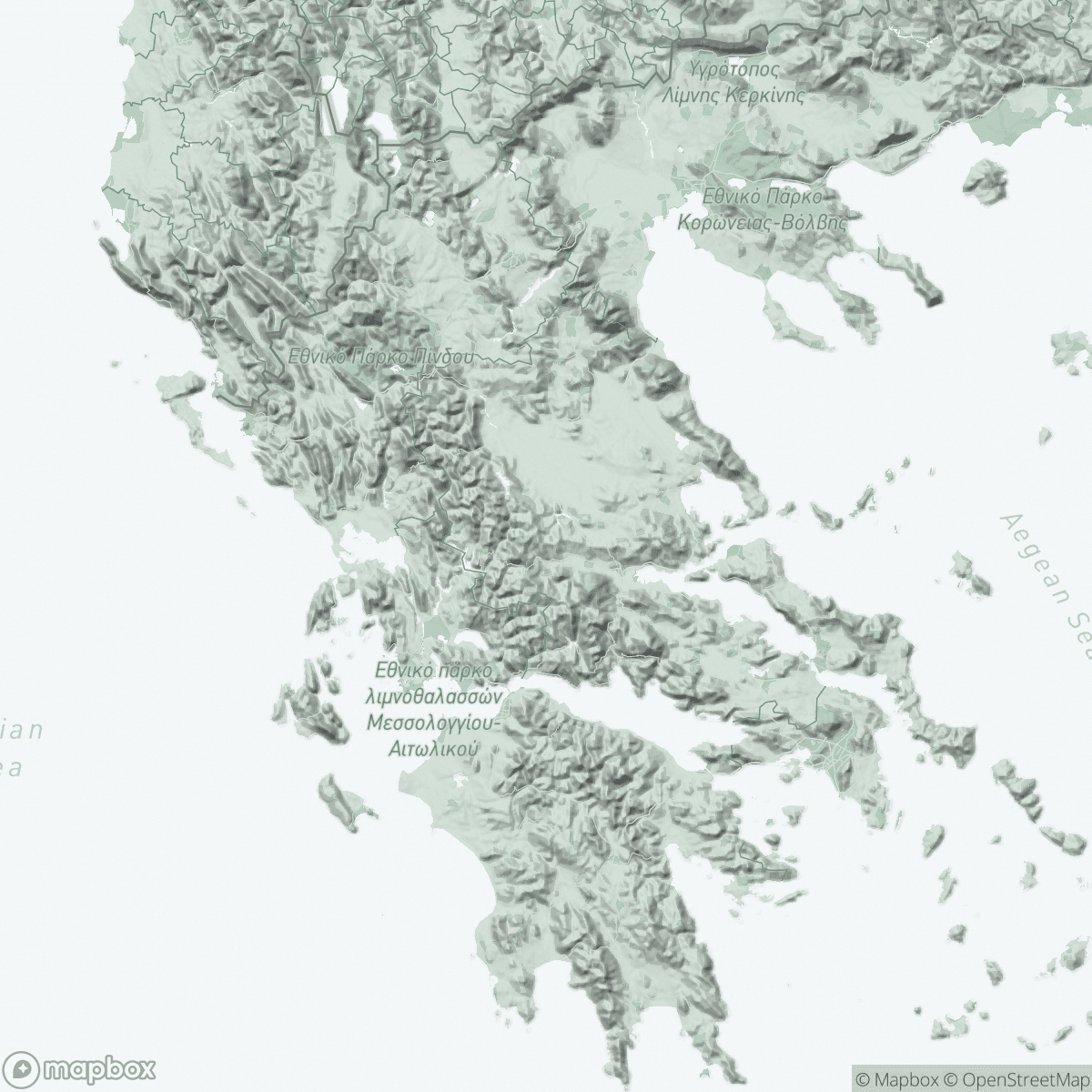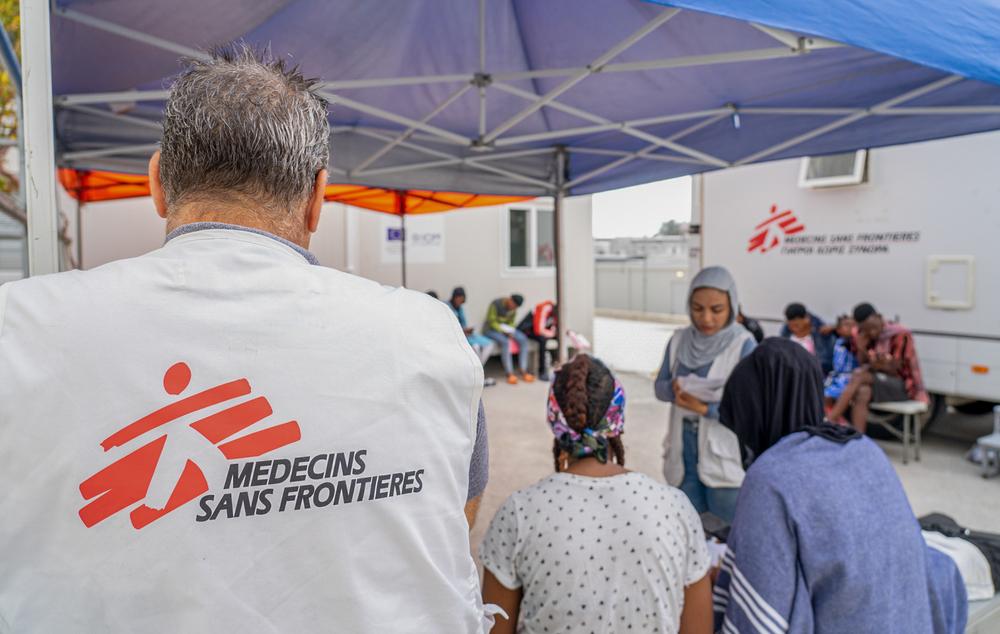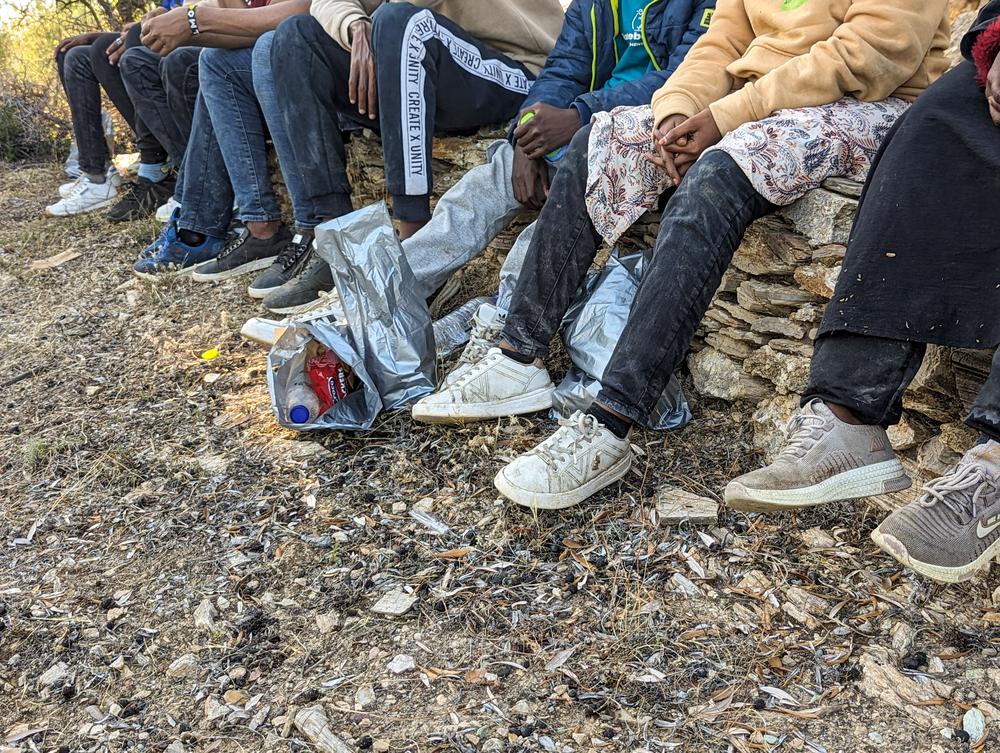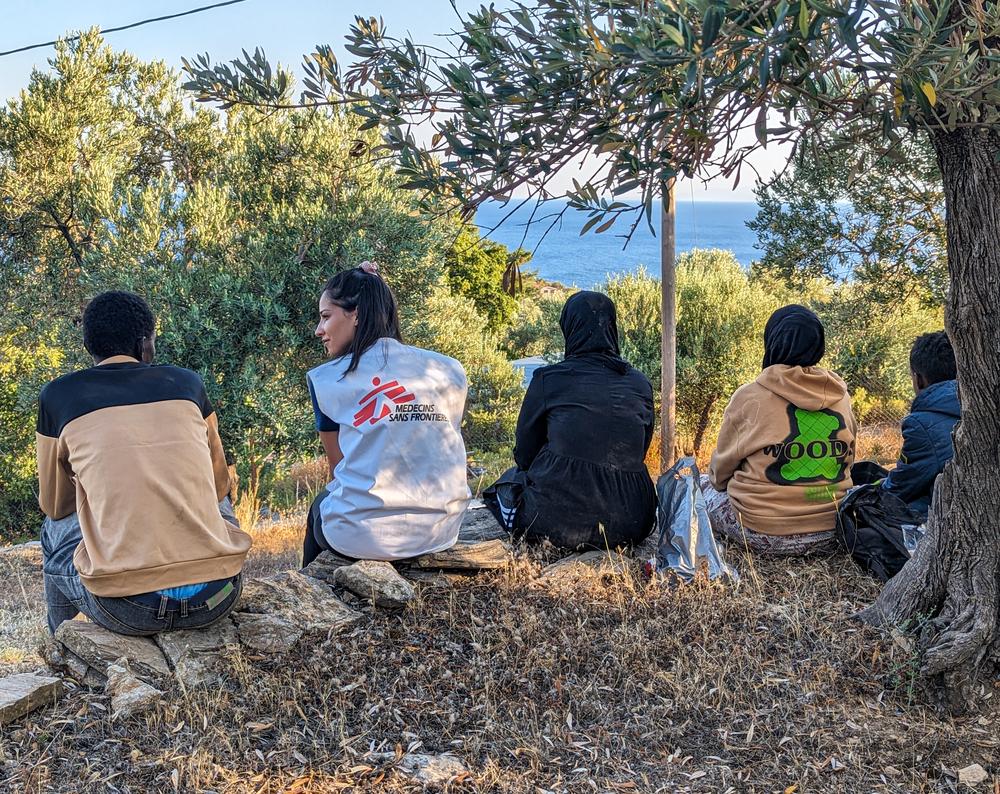
Asylum seekers report being beaten, strip-searched and sent back to sea
In 1 click, help us spread this information :
Greek waters, a small grey boat came in our direction,” said Fatima [not her real name].
A man dressed in all black with a covered face jumped on our boat. He had a stick in his hand and started beating the person in front of him. Then he pulled off the engine and dropped it in the water. We were left in the middle of the sea with no engine.”
Other MSF patients describe how, having arrived on Lesvos or Samos on small boats, they were intercepted by uniformed individuals or unidentified masked men and subjected to degrading and violent treatment, including having their wrists or ankles immobilised with plastic cable ties, being beaten with batons and sticks, being verbally insulted, and being forced to undergo intrusive body searches in front of strangers.
Elisabeth [not her real name] described how people in her group, including a pregnant woman, were handcuffed and beaten:
“They dragged her on the ground… They tied them like this [putting wrists together in front of her body], they also tied the pregnant woman. They even stepped on the other lady’s stomach, beating her.”
Some patients report that their possessions, including mobile phones, money and medications, were confiscated, before they were forced onto boats, taken out to sea, transferred onto life rafts and then cast adrift – an illegal practice known as pushbacks.
Over the past two years, MSF teams on Lesvos and Samos have provided medical assistance to 7,904 people, 1,520 of them children, shortly after their arrival on the islands. Many of the new arrivals were in a state of emotional distress, as well as being exhausted, wet, thirsty, hungry, suffering from exposure to extreme heat or cold, and covered in injuries and bruises, reportedly as a result of or escaping from violence. Among them were women in advanced stages of pregnancy, newborn babies, unaccompanied minors and elderly people. MSF medics treated 557 people for physical injuries and MSF mental health teams provided 8,621 psychological and psychiatric consultations. Some patients were left with post-traumatic stress disorder as a direct result of their experiences of arriving in Greece.
“Most of these people fled countries with a high prevalence of violence and persecution,” says Sonia Balleron, MSF head of mission in Greece.
Many survived horrific journeys, including suffering war injuries, sexual violence and trafficking. For these already vulnerable people, violence or mistreatment at the border further aggravates the medical and psychological consequences of their horrific experiences.”
Meanwhile, civil society organisations and aid agencies attempting to provide assistance to vulnerable people on the Aegean islands have found their actions blocked by authorities and run the risk of prosecution.
We urge the Greek government and European leaders to take immediate measures to ensure that individuals seeking protection in Greece are treated with humanity and dignity,” says MSF international president Dr Christos Christou.
“This includes ending the climate of impunity for those who perpetrate violence against people seeking protection, in compliance with European and international law. We also call for a permanent end to pushbacks at borders, for an independent monitoring system to be set up on the Aegean islands, and for search and rescue operations to be stepped up at sea. Finally, we call for people seeking protection to be granted access to fair asylum procedures and medical and humanitarian assistance on arrival.”
